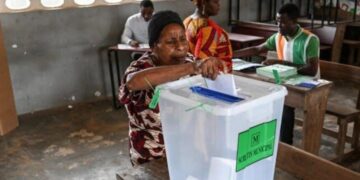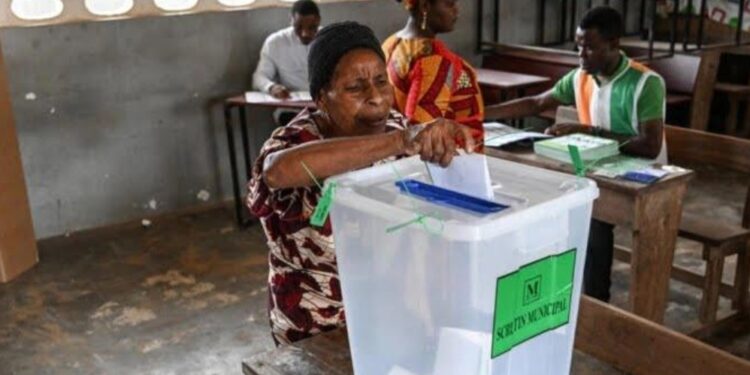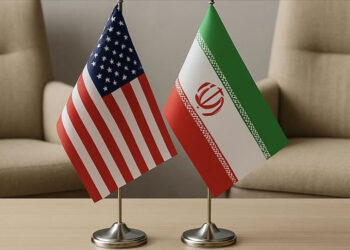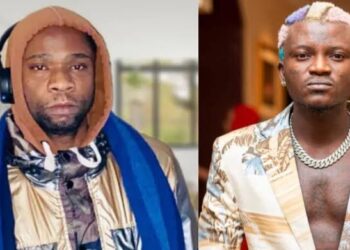By Enyichukwu Enemanna
Data from the electoral commission has shown the ruling party in Ivory Coast, RHDP, is in early lead in the local and regional elections expected to gauge the support base of the governing and the opposition party two years ahead of a presidential poll.
Three leading political groups are vying for seats in 201 districts and 31 regions in the West African nation, a leading cocoa exporter.
Results on Sunday showed that the ruling party had grabbed 25 out of the 40 districts released from the Saturday’s elections, leaving 9 seats for independent candidates while the rest were opposition victories.
Minister for women, Nasseneba Toure, was one leading government figure re-elected at Odienne in the northwest.
Two big opposition parties had formed a coalition in many areas to take on the RHDP, which won control of 18 of the 31 regions five years ago.
The elections were the first since former president Laurent Gbagbo returned to Ivory Coast in June 2021 after being acquitted by the International Criminal Court on human rights charges linked to post-electoral violence in 2011.
Gbagbo was not able to vote after being barred from the electoral participations, due to a conviction in Ivory Coast linked to the 2011 crisis.
His son was standing for his party in an Abidjan district.
“The elections went off calmly,” said electoral commission spokesman Emile Ebrottie, ahead of giving out early results on national television.
An observer group, Aube Nouvelle (New Dawn) said it had registered some isolated altercations but overall the poll went off smoothly, in contrast to three years ago, when contested presidential elections won by Alassane Ouattara saw violence spark that led to 85 deaths.
Some candidates did complain, however, of irregularities, including in Abidjan’s largest and bellwether district of Yopougon.
Augustin Dia Houphouet, candidate of the main opposition Democratic Party (PDCI), indicated there had been “huge irregularities which had besmirched the sincerity of the electoral test.”
In Yopougon, he was up against the president of the National Assembly, Adama Bictogo of the RHDP, as well as Michel Gbagbo, standing for his father’s African Peoples’ Party (PPA-CI).

































